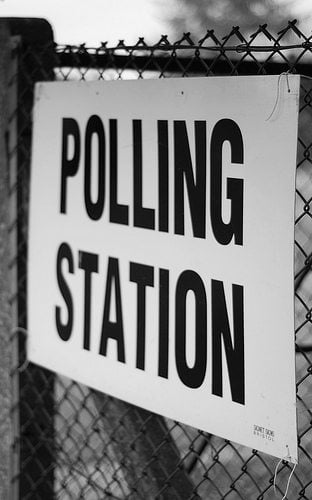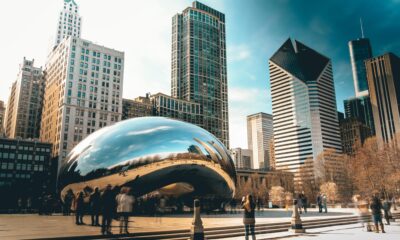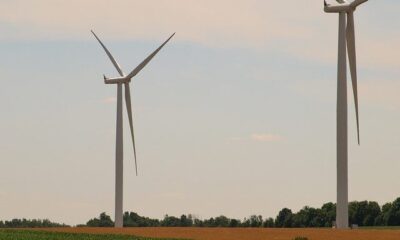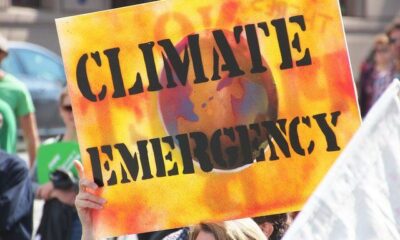

News
General election: Cameron to refuse TV debates if Greens are excluded
Prime minister David Cameron has said that he will refuse to take part in TV debates in the run up to the general election in May if the Green Party is excluded.
The comment comes after media regulator Ofcom published its consultation on the political parties it lists as ‘major parties’ ahead of the general election in May. The list is important for regulating election coverage, parties classified as ‘major’ are allocated at least two party election broadcasts at relevant broadcasters, which includes ITV, Channel 4, and Channel 5 amongst others.
In Great Britain the Conservatives, Labour and Liberal Democrats were already listed as major parties. However, Ofcom has stated that whilst UKIP may qualify for major party status in England and Wales for the general election, the Green Party has not secured sufficient support to be added to the list.
Ofcom is now seeking views on its initial assessment and if appropriate will publish a revised list of major parties by early March.
Green Party leader Natalie Bennett has stated that she is “deeply disappointed” with Ofcom’s ruling, adding that it denies the public the opportunity to “hear from a fresh voice”.
She continued, “It is notable that the Ofcom draft focuses on ‘past electoral support’. The media regulator has failed to grasp the fast moving, fluid state of British politics today, and the fact that voters are seeking out the choice of real change.
“Ofcom should not be making that option harder to find, but ensuring that voters have the chance to hear and judge the full range of political options today.”
The party has spoken to Ofcom to register its “displeasure” at the draft ruling and is seeking a meeting with the organisation.
Cameron confirmed to ITN that he would not participate in televised debates if the Greens were not included, stating, “You can’t have one minor party without having another minor party and I think that’s only fair.”
Opposition and critics accused Cameron of using the Greens as a scapegoat, with Liberal Democrat leader Nick Clegg telling Cameron to “stop making excuses”. Labour leader Ed Miliband and UKIP leader Nigel Farge both commented that the prime minister was “running scared”.
In response to Cameron’s comment, Bennett said, “Obviously David Cameron has his own political interests but I think we should give the prime minister credit for recognising that the debates would be unbalanced and bad for British democracy if UKIP is included and the Green Party excluded.”
She added, “It is disappointing but perhaps not surprising that Labour leader Ed Miliband does not want to debate with the Green Party on issues such as bringing the railways back into public hands, making the minimum wage a living wage and zero tuition fees. But he should acknowledge that British democracy would be ill served if UKIP’s presence without the Greens were to drag the debates in their direction, particularly on immigration and the EU.”
Photo: Martin Bamford via Flickr
Further reading:
Sustainability could hold the key to 2015 general election result
Political parties urged to make environment key part of election manifestos
One year until the general election: what’s in store for energy and the environment?
RenewableUK publishes 2015 general election policy wishlist for renewable energy


 Environment12 months ago
Environment12 months agoAre Polymer Banknotes: an Eco-Friendly Trend or a Groundswell?

 Features11 months ago
Features11 months agoEco-Friendly Cryptocurrencies: Sustainable Investment Choices

 Features12 months ago
Features12 months agoEco-Friendly Crypto Traders Must Find the Right Exchange

 Energy11 months ago
Energy11 months agoThe Growing Role of Solar Panels in Ireland’s Energy Future





























